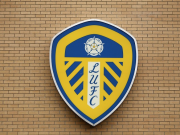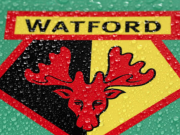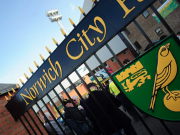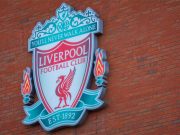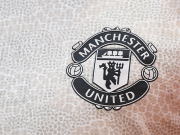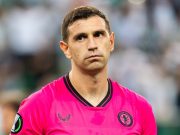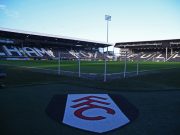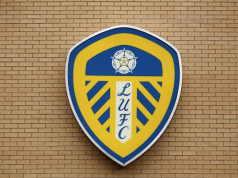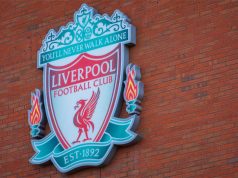Soon after Ed Woodward took David Gill’s job at Manchester United, there was a reason fans were pretty mad at the executive.
Although no one doubted his business knowledge and his ability to bring money to the club, his failure to make signings in his first transfer window was pretty disappointing.
Things changed a lot after that, with the likes of Radamel Falcao, Angel Di Maria, Bastian Schweinsteiger, Paul Pogba and Zlatan Ibrahimovic all joining the club. Although most of these signings didn’t work out as expected, they were headline catching.
But did something change in the meantime, or were Manchester United were always looking for that same kind of player and were just unlucky in the first transfer window after Sir Alex Ferguson left?
Débora Gomes, who is presented as a former translator for the club, has spoken with reporter Fred Caldeira from Brazilian TV Channel Esporte Interativo.
The former club employee, by her own assertions, wasn’t afraid to talk about things she heard there, and claims that shirt sales are basically what Manchester United’s transfer plans are based on.
Débora started working for the Red Devils when translating an interview with David De Gea and Angel Di Maria. She got close to the Argentine winger, and claims that she could see why he left the club so early.
She said: “I noticed a lot in the events. So much so that I had the opportunity to talk to him. And he was unhappy at the club. Firstly, he couldn’t communicate with anyone. And second because he realised the club bought him not because the club thought ‘oh, he will bring titles to us because he is a good player.’ No. Because they simply wanted to sell his shirts.
“Then I realised, after Sir Alex Ferguson left the club, the club lost interest in football. It’s money, money, money. It’s making money and that’s it. So the players, when they try and decide who to buy, they will meticulously say: ‘what will bring more money?’ They are not thinking of bringing joy to the fans. They are thinking of selling.”
The translator also wondered why the club never focused on her home country, but the answer was always about the money.
She continued: “I’ve said many times: ‘why don’t you focus on Brazil? I don’t see any focus in South America’. And the answer I received was always that the Brazilian fan doesn’t have the purchasing power that other fans have. That fans in China have. That fans in the United States have. So that was something that hurt me a lot, because I think there’s a lot of talent in Brazil, there’s a lot of boys crazy to be part of that club.
“Another question I also asked: “Why aren’t you guys signing a Brazilian player? If you go to Brazil, you will find a lot of Neymars who can come play here for a very small price”. ‘No, because we don’t want to sell products to Brazil. Brazil is in an economic crisis. The Real has lost a little bit of value. So we’re thinking: we do not want to because the fans will not be able to buy our products’.
“The tickets to see a Manchester United game are very expensive. Shirts, very expensive. So they’re thinking that way. It’s wrong. I think it’s wrong. I think the club should look at Latin American fans, they should, and I hope it happens.”
Whilst Manchester United have signed big stars over the past few years, it’s by no means been the overriding aspect of the club’s business.
Lesser known names have also been signed, albeit often still for big transfer fees.


